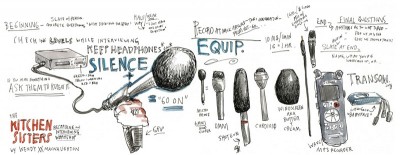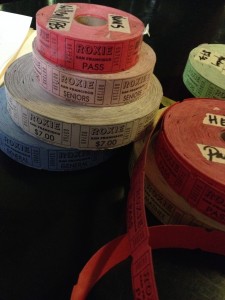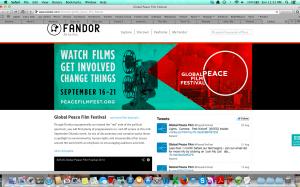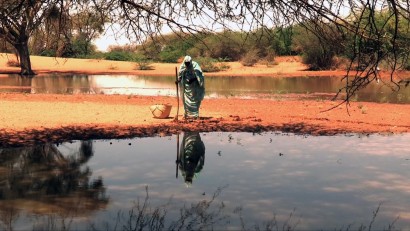
The Kitchen Sisters (Davia Nelson & Nikki Silva) are holding their Interviewing & Recording Workshop in New York City on Wednesday, September 17 from 10am to 1pm at WNYC Radio. The three-hour session is designed for people who want to acquire and hone their skills for an array of audio projects: radio, online, podcasts, storytelling, oral histories, audio slideshows, family histories, news, investigative reporting, documentaries and other multimedia platforms.


 Indie filmmakers must change how they do things. Too many filmmakers’ actions are predicated on antiquated business practices. These old ways limit a filmmaker’s ability to build audiences and earn revenue. It is time for a serious change.
Indie filmmakers must change how they do things. Too many filmmakers’ actions are predicated on antiquated business practices. These old ways limit a filmmaker’s ability to build audiences and earn revenue. It is time for a serious change.


